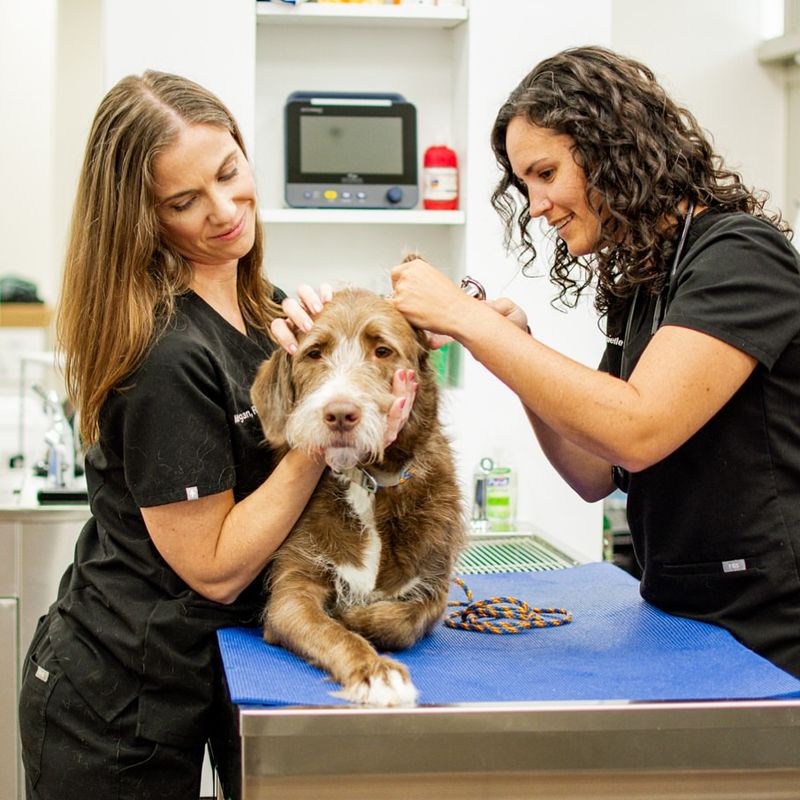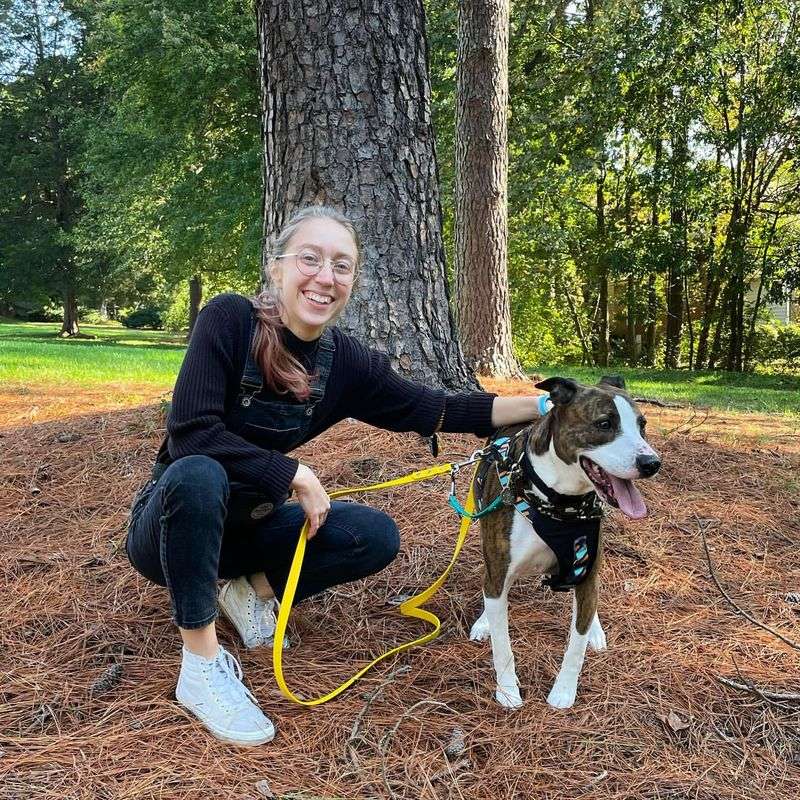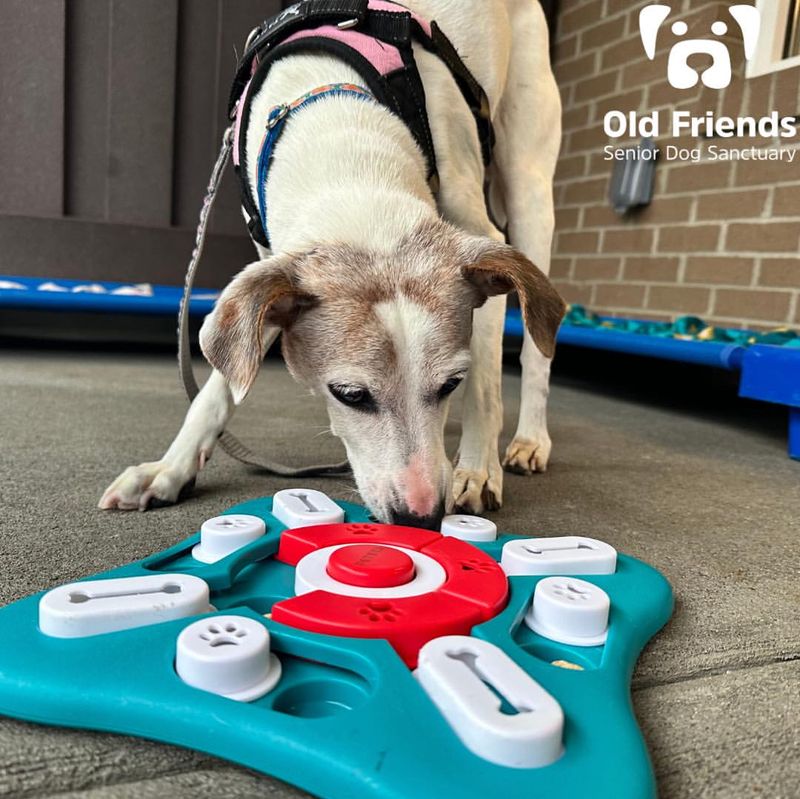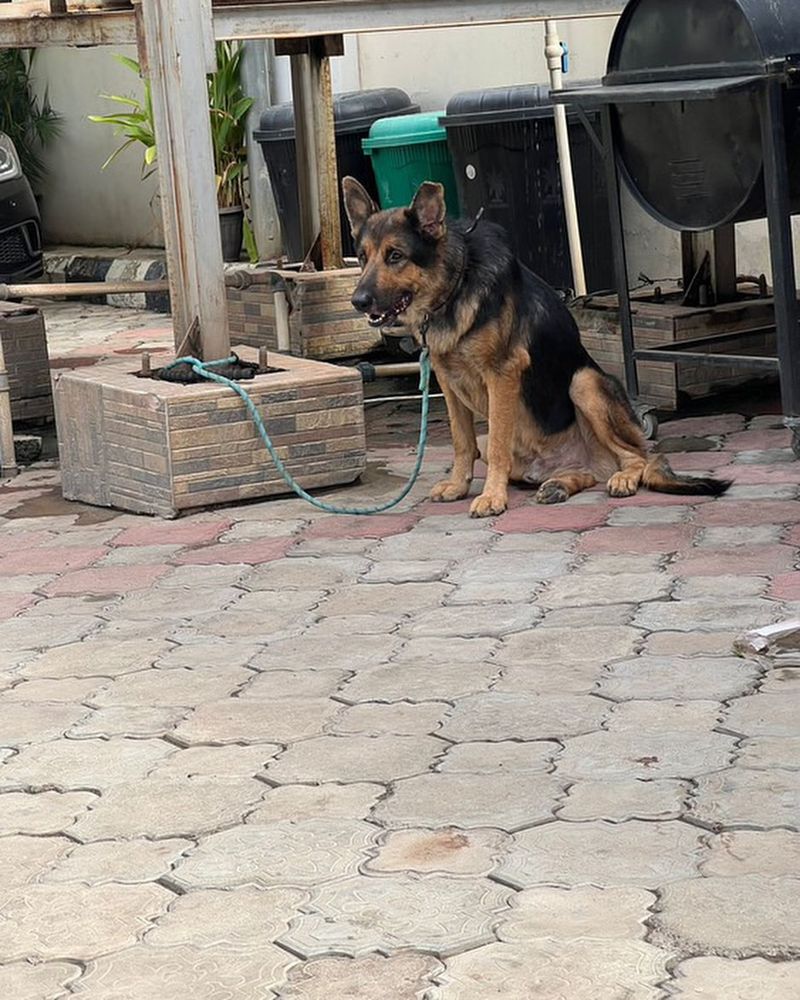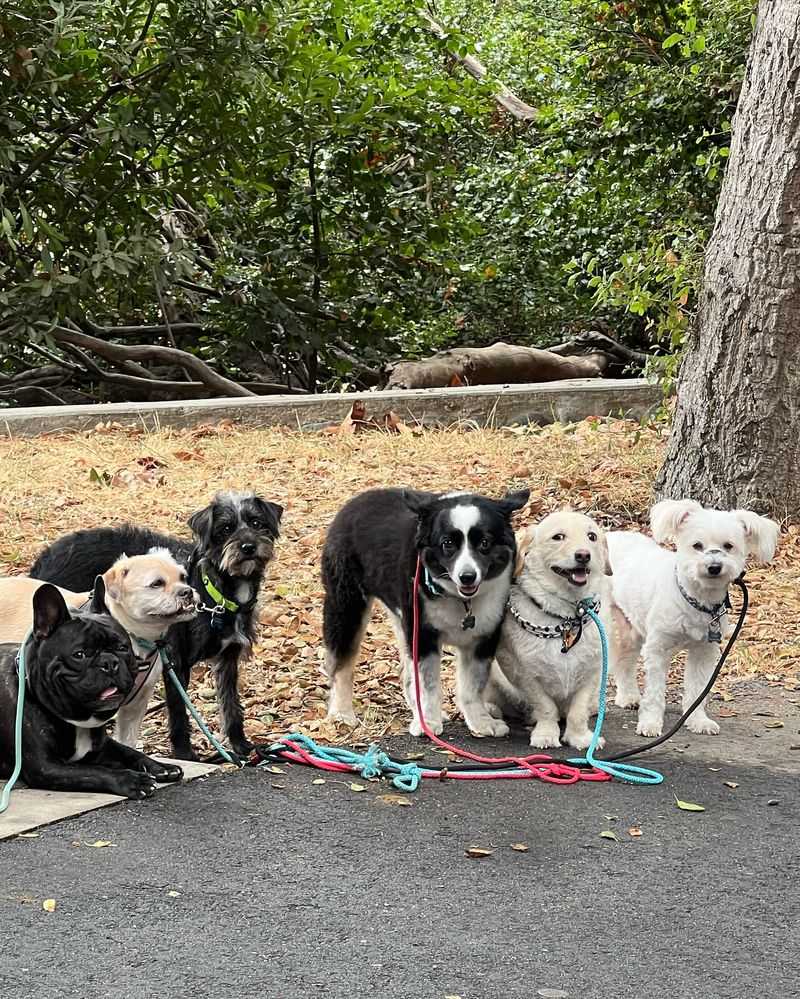Raising a happy and healthy dog requires understanding and meeting their physical and emotional needs. This guide offers essential tips and advice to ensure your furry friend thrives in your care. From nutrition to exercise, and mental stimulation to regular vet visits, every aspect contributes to their well-being. Explore this comprehensive guide to learn how to create a loving and supportive environment for your canine companion.
Nutrition and Diet
Feeding your dog the right diet is crucial for their health. Ensure they receive balanced meals rich in proteins, carbohydrates, vitamins, and minerals. Choose high-quality dog food that suits their age, breed, and size. Consult with your vet to address any specific dietary needs your dog may have. Always provide fresh water to keep them hydrated. Avoid feeding them table scraps or toxic foods such as chocolate and grapes. Feeding schedules are important; stick to regular times to maintain a healthy routine. By prioritizing nutrition, you’ll contribute to your dog’s longevity and happiness.
Regular Exercise
Exercise is vital for your dog’s physical and mental well-being. Regular walks, playtime, and activities like fetch keep them fit. Tailor the exercise to match your dog’s energy level and breed requirements. Interactive toys and games can provide mental stimulation. Social outings, like visiting dog parks, help them interact with other dogs and people. Consider agility training for energetic breeds to channel their energy positively. Regular exercise not only strengthens the bond you share but also prevents obesity and related health issues. An active dog is a happy dog!
Veterinary Care
Routine veterinary care ensures your dog’s health and early detection of potential issues. Schedule regular check-ups and vaccinations to protect against diseases. Flea, tick, and worm prevention is essential. Discuss any concerns with the vet, including behavior or diet changes. Dental care is often overlooked; ensure regular teeth cleaning to prevent oral diseases. Microchipping your dog offers security in case they get lost. A vet is an invaluable partner in maintaining your dog’s health and happiness. Prioritizing veterinary visits reflects your commitment to their well-being.
Training and Behavior
Training your dog is essential for a harmonious household. Basic obedience commands like sit, stay, and come ensure safety and control. Use positive reinforcement techniques, such as treats and praise, to encourage good behavior. Consistency and patience are key elements in effective training. Socialization from a young age prevents fear and aggression towards other dogs and people. Professional training classes can offer structured guidance and social opportunities. Understanding your dog’s behavior helps in addressing any issues calmly. A well-trained dog leads to a peaceful and joyful environment for everyone.
Mental Stimulation
Mental stimulation is as important as physical exercise for dogs. Provide toys and games that challenge their brains, like puzzle feeders and interactive toys. Rotate toys regularly to keep their interest piqued. Teaching new tricks or commands can also provide mental enrichment. Consider enrolling in advanced training classes to further enhance their cognitive skills. Hide-and-seek or scent games are fun ways to engage their senses. Mental challenges prevent boredom and destructive behavior. Keeping your dog’s mind active ensures they remain engaged and happy, contributing to their overall well-being.
Grooming Routine
Regular grooming is essential for your dog’s health and comfort. Brushing your dog’s coat prevents matting and reduces shedding. Choose grooming tools that suit their coat type. Bathing should be done as needed, using dog-specific shampoos to maintain skin health. Pay attention to nail trimming to avoid overgrowth and discomfort. Check ears and eyes regularly for signs of infection or irritation. Grooming is also an excellent opportunity for bonding and checking for any unusual lumps or skin issues. A well-groomed dog feels comfortable and confident, enhancing their overall happiness.
Safe Environment
Creating a safe environment is crucial for your dog’s well-being. Ensure your home is dog-proof by removing hazardous items and securing loose wires. Provide a comfortable space with a cozy bed and access to clean water. Regularly inspect their environment for potential dangers, such as toxic plants or choking hazards. Consider installing a safe, fenced area for outdoor play. Use gates to restrict access to unsafe areas. A safe environment allows your dog to explore and relax without fear, contributing to their happiness and health. Prioritize safety for peace of mind.
Socialization Opportunities
Socialization is key to a well-adjusted dog. Expose your dog to different environments, people, and animals from a young age. Regular visits to dog parks or playdates with other dogs develop their social skills. Enroll in puppy classes to encourage interaction with dogs and humans. Monitoring their interactions ensures positive experiences. Socialization reduces fear and anxiety, making them more adaptable and friendly. Encourage family and friends to engage with your dog, ensuring they are accustomed to different individuals. A well-socialized dog is confident and happy, thriving in diverse situations.
Consistency and Routine
Dogs thrive on consistency and routine, providing a sense of security and predictability. Establish regular feeding, walking, and playtime schedules. Consistency in training and rules helps reinforce good behavior. Sudden changes can cause stress and confusion, so maintain a stable environment. During transitions, such as a move or new family member, gradually introduce changes. Routine builds trust and strengthens the bond between you and your dog. By providing a structured lifestyle, you ensure your dog’s comfort and happiness. A predictable routine allows your dog to feel secure, fostering a joyful life.



